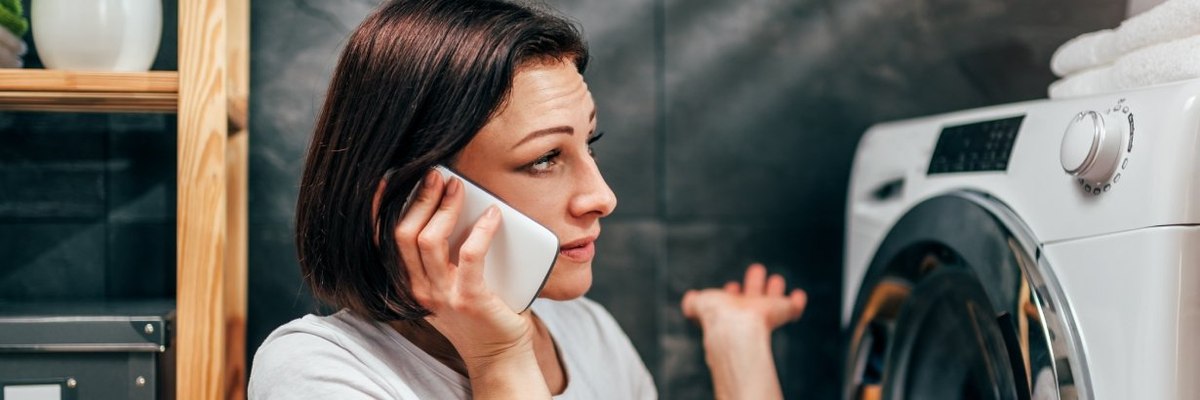While many fancy their chances at repairing simple wooden furniture, only a brave few would attempt repairs on more dangerous items
New legislation set to be imported from the EU will see manufacturers required to offer spare parts for several types of home appliances, with the aim of improving repairability and cutting down on waste. The new rules, dubbed the “Right to Repair” will apply to lighting, washing machines, dishwashers and fridges from this summer.
However, even with parts available, are Britons willing to make repairs? A new YouGov survey asks Britons how comfortable they would feel about repairing such appliances, as well as a wide range of other home goods.
Around the home
Of all the items and appliances asked about, Britons are most comfortable repairing wooden furniture (60%), including some 36% who have done so previously and 24% who haven’t but would give it a go. Men (68%) are more likely to report they would attempt fixing furniture than women (53%) – a pattern that is carried across all the items YouGov asked about.
Another 51% of people would feel comfortable attempting repairs to small lamps and lights, the highest for the appliances covered under the new rules. This includes some 39% of women, making it the electronic item women are most comfortable attempting to repair. Despite confidence in repairing smaller lights, only 37% would Brits would be comfortable attempting repairs to ceiling or main lights in their home,
If the heating was on the blink, a quarter (27%) would feel comfortable repairing a radiator, however only 8% would feel the same way about tackling an issue with their boiler (with 82% uncomfortable attempting a home fix).
In the bathroom
When it comes to plumbing, two fifths of people (41%) would be comfortable enough to attempt a repair on their loo if it was broken – including half (52%) of men and 31% of women. However, some 7% of Brits have a bad experience in the bathroom and say while they have tried to fix a toilet before they would not feel comfortable doing so again, the highest of the all the items asked about.
A similar amount of people (43%, including 55% of men and 31% of women) would also be comfortable trying to repair their taps if they were broken, while only 16% would feel comfortable attempting to mend a power/electric shower
In the kitchen
Most of the appliances featured in the new legislation can be found in the kitchen, however our data suggests few feel comfortable taking advantage of the increased availability of spare parts. Of the kitchen appliances covered under the new rules, Britons are most comfortable repairing their washing machines (22%) including some three in men (32%) and half as many women (14%).
Elsewhere people are less comfortable with dishwashers (16%), however it is worth noting that another 16% of people said they would never own such an item – a much higher proportion than the other appliances.
Should their fridges or freezers suffer a fault, 13% of Brits would be comfortable attempting their own repairs.
Of some smaller appliances, approaching a quarter (23%) would be comfortable repairing their kettle, while one in five (20%) would be comfortable patching up a broken toaster,
Cookers prove among the least popular items for home repairs, with only 9% happy to attempt to repairs on gas hobs and 4% comfortable doing so for gas ovens - the lowest of all the appliances - but rising to one in ten among men (10%).
Other small goods
Elsewhere in the home. 42% feel comfortable repairing vacuum cleaners – with nearly a quarter (24%) having done so in the past already. Nearly three in ten (29%) would attempt repairs to stereo systems, while only 14% would tackle issues with their television.
Men do love their power tools, and 38% of them are willing to try and repair theirs when they break down, compared to 13% of women also comfortable doing so.
Of the more complicated electronics, 30% of people (44% of men and 17% of women) would be willing to repair their laptop or computer should it break down, however only 19% say the same for their smart phones.
This research was previously featured on the BBC here
See full results here













